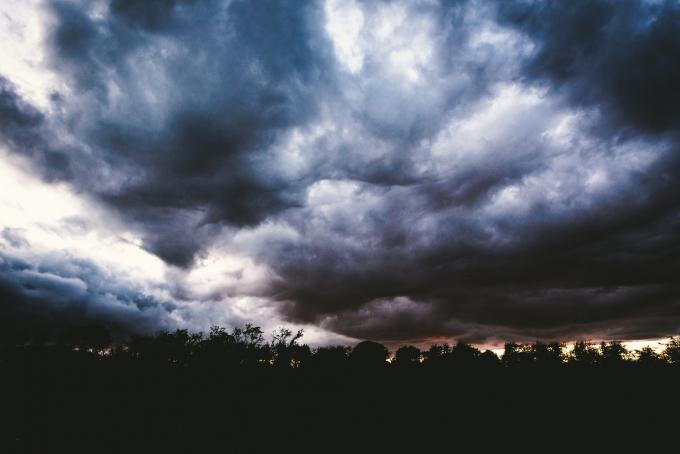
I like how my mother, Anita Bryant, waves to the cameras
without looking at the men behind them, keeping her chastity
intact, unassailable as her perfect coiffure, dark as coffee,
the white saucer of her powdered face. I like the news
conference, its swirling choreography of men and microphones
(always on the periphery, a vulgar joke about to declare itself
in the throng of serious journalists, one of whom is a pretender,
my father). I like the irony of Save the Children blared on a banner
behind her. I am waiting to be born, a child unlike others,
one my mother would not save. I like the reporters' blazers,
plaid, unbuttoned, like the man approaching Anita's dais
from her right. I love my mother innocent like this, smiling
back at some softball political question, I like the hiding
in plain sight that the man and the Anita are doing before
they become my parents. I like knowing more than the camera
or my mother—I am like my father, the spy who will be arrested.
And here is the moment lifting the veil now, their kiss: the man
slaps a pie square in Anita's face. She hadn't seen him coming,
the man the others call His Highness in the newspaper room.
She was saying, What they want is the right to propose to our children
that theirs is an acceptable life. Then it's time for cake. I like his hate
which hates her back. She is my mother because she says, At least
it's a fruit pie, then begins to sob. I like watching her beauty
he dissolves in revolt against its tyranny, thirty years ago
now, my father dead, buried, and no one remembers his name.
